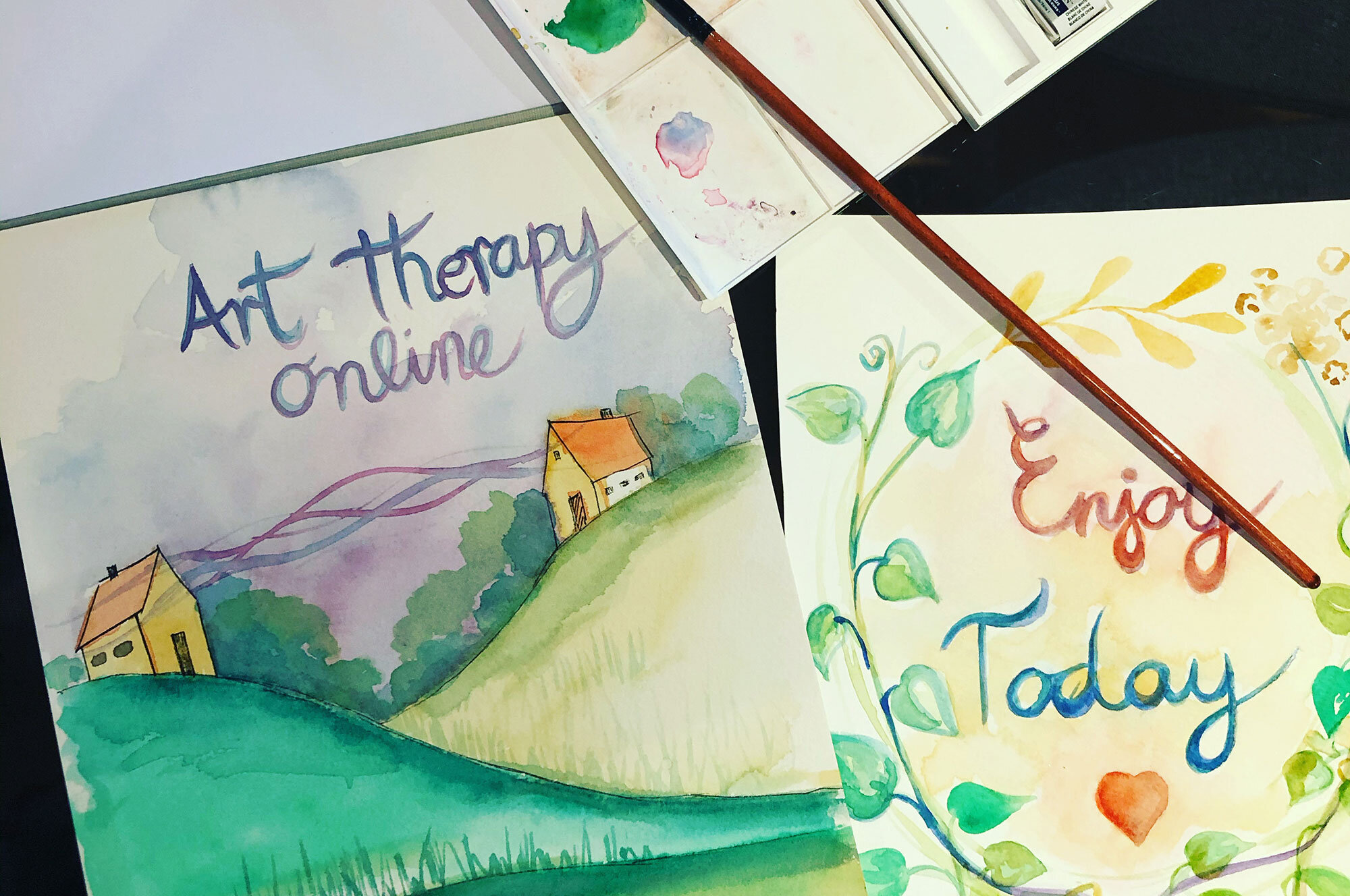
NDIS & Art Therapy
What is NDIS?
The NDIS (National Disability Insurance Scheme) is an Australia-wide initiative that provides funding for people with physical and psychosocial disabilities to access supports to maintain and improve their quality of life. It is underpinned by the concept of choice and control for participants and their families.
NDIS & Art Therapy
NDIS Client’s description of where they are in their healing journey: “I am now 75% progressed in my journey towards where I want to be”.
Another NDIS client feedback: “A very big part of me is being able to do some art again thanks to the Art Therapy sessions which are tailored for my Autism. This allow me to break through barriers, but also maintain mental health as part of my NDIS care. Thank you.”
NDIS participants may access art therapy to support them to achieve their goals. Participants whose funds are managed by the NDIA may only use NDIS - registered Art Therapists.
Art Therapy uses art as a way of personal expression to communicate your feelings. Your skill in art is irrelevant. The focus is on the process, rather than the end result. This means you do not have to be artistic to benefit from Art Therapy.
Through our sessions, you will experience your emotions and feelings through art without being judged for your artistic skills or for anything you create.
What will happen when I get in touch with an Art Therapist?
It is important that your Art Therapist understands your goals and the outcomes you would like to achieve. For this reason, when you make contact they may ask you the following questions:
What are your goals?
How is your NDIS plan managed?
Self-managed: you manage your own funds and pay the art therapist directly.
Plan-Managed: a third party such as a community organisation manages your funds and the Art Therapist invoices them.
NDIA (Agency) managed: Art Therapists who are NDIS Registered Providers request the payment from the NDIA.
A combination of the above.
The Art Therapist you choose will make a service agreement with you to plan how you will achieve your goals. This may include:how you know when your goals have been achieved
how you review your Service Agreement
the way you will pay for the service
what happens if you are not able to attend.
How are Art Therapists qualified?
In order to practise and use the recognised title AThR (ANZACATA-approved Art Therapists), the following requirements must be met:
Complete a minimum two years masters degree from an approved course
Complete a minimum of 750 hours of supervised clinical placement
Professional membership of Australian and New Zealand Arts Therapy Association (ANZACATA)
Complete continuing professional development and work under a code of ethics.
Do I have to do Art Therapy?
No, you don’t have to participate in art therapy. I offer various other therapy methods that are effective (see the other methods page). Every client is unique and thus, requires a unique approach. Although we all have similar feelings or experiences, we don’t all share the same ways of healing and recovery.
Art Therapy can bring deeper and lasting positive changes as it taps into deeper thoughts and feelings than verbal therapy. With talk therapy, you can sometimes get to these deeper thoughts and feelings, but it often takes longer. For more benefits see the Art Therapy page.

“Every time I finish a session with Dalit I look with amazement at the work I produce! I see things a lot clearer and I can see how far I progressed in my journey”. Ms A
“I couldn’t believe what a big shift I felt after the art therapy session I had with Dalit. My awareness of how I am in the world changed. I felt the most important thing in my life at this moment is to be true to myself. I am very grateful for this awareness!” Mrs S.

